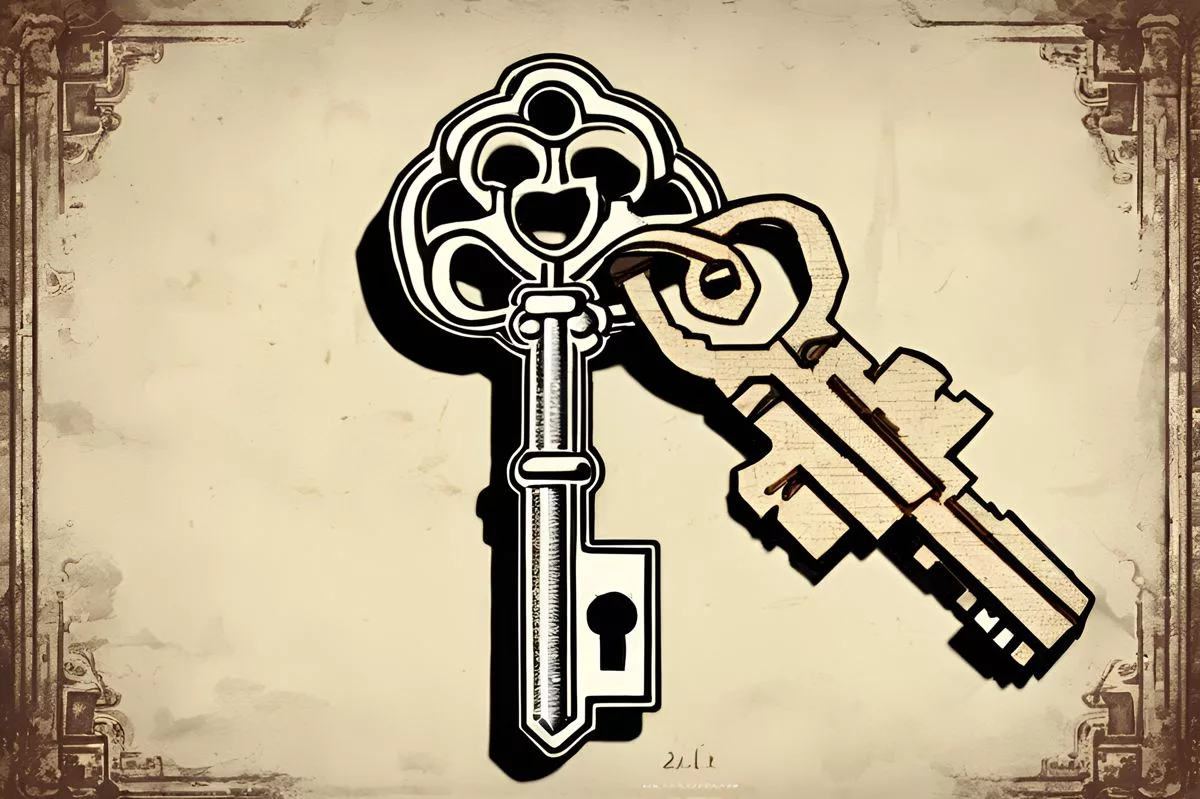Stellenbosch University in South Africa has closed down its Wilgenhof residence due to a hidden initiation custom that contributed to a culture of mistreatment and hazing of freshmen. The university conducted a comprehensive investigation, supported by evidence from auditing the rooms, resulting in a report on the serious circumstances in Wilgenhof. The closure of Wilgenhof highlights the wider issue of hazing and initiation practices that afflict numerous higher learning institutions and emphasizes the need for change.
Stellenbosch University has closed down its Wilgenhof residence after a hidden initiation custom was exposed, fostering a culture of mistreatment and hazing against freshmen. An investigation, supported by evidence from auditing the rooms, resulted in a comprehensive report on the serious circumstances in Wilgenhof. The closure of Wilgenhof highlights the wider issue of hazing and initiation practices that afflict numerous higher learning institutions.
Stellenbosch University, a reputable institution of higher education in South Africa, has recently taken bold measures against unsettling activities reportedly occurring in one of its oldest male residences, the Wilgenhof. This action was taken after a thorough inquiry conducted by experienced professionals, which exposed a series of concerning findings.
Wilgenhof has been home to numerous male students for years, being a respected entity within the university. However, this rich history was overshadowed when two rooms were found to contain distressing content, leading to an official examination. These rooms were not merely utilized for studying or social gatherings, but they were the center of a hidden initiation custom that had evaded the scrutiny of university authority.
The rooms, fittingly named “Hool 88,” meaning ‘den’ or ‘lair,’ and “Toe Argief,” meaning ‘closed archive,’ were the venue where a group of students, suspected to be seniors, conducted secret initiation events. This behavior fostered a culture of mistreatment and hazing against the freshmen. One such freshman, whose identity remains confidential, revealed these terrifying events, triggering an investigation that would expose a disturbing narrative.
Review of Alarming Evidence and Experience-led Investigation
Content in the form of images and videos leaked online, unveiling the shocking state of these rooms. They were filled with an assortment of Wilgenhof records, keepsakes, costumes, shoes, and other items, leading to a wave of public uproar. The alarming reactions from people worldwide necessitated an immediate response from the university.
The university assigned the inquiry to a team of seasoned professionals, including an advocate from the Cape Bar and a former university executive. In addition, the deputy registrar for governance, ethics, and compliance contributed their expertise to guarantee unbiased and accurate results. The panel’s meticulous scrutiny of the situation, supported by evidence from auditing the rooms, resulted in a comprehensive report on the serious circumstances in Wilgenhof.
Response and Future Plans of Stellenbosch University
After receiving the panel’s report, Professor Willem de Villiers, Rector and Vice-Chancellor, declared, “Given the evidence provided by our expert panel, we have accepted its primary recommendation of closing the Wilgenhof residence as the appropriate action.” This statement revealed a firm stance against such detrimental practices, emphasizing the need for change.
Professor de Villiers, the guiding force of Stellenbosch University, reassured students, parents, and the staff that the university would continue to be a welcoming and inclusive hub of excellence. He also suggested repurposing the buildings for diverse uses, symbolizing a step towards healing past wounds and fostering a healthier, more inclusive environment for everyone.
Implications for Higher Learning Institutions Globally
The closure of Wilgenhof shines a spotlight on the wider issue of hazing and initiation practices that afflict numerous higher learning institutions. The gravity of these actions and the potentially permanent harm they can impose on their victims must serve as a wake-up call to all universities. The actions taken by Stellenbosch University serve as a guiding light, encouraging other institutions worldwide to take firm action against such practices and guarantee the safety and dignity of every student.
1. What was found in the Wilgenhof residence that led to its closure?
Two rooms were found to contain distressing content that revealed a hidden initiation custom fostering a culture of mistreatment and hazing against freshmen.
2. What kind of investigation was conducted by Stellenbosch University?
The university conducted a comprehensive investigation, supported by evidence from auditing the rooms, resulting in a report on the serious circumstances in Wilgenhof.
3. Who conducted the investigation?
The inquiry was assigned to a team of seasoned professionals, including an advocate from the Cape Bar, a former university executive, and the deputy registrar for governance, ethics, and compliance.
4. What did the panel recommend to Stellenbosch University?
The panel recommended the primary course of action to be closing the Wilgenhof residence due to the evidence provided.
5. What is the response of Stellenbosch University to the situation?
The Rector and Vice-Chancellor of Stellenbosch University declared a firm stance against such detrimental practices, emphasizing the need for change. The university suggests repurposing the buildings for diverse uses, symbolizing a step towards healing past wounds and fostering a healthier, more inclusive environment for everyone.
6. What are the implications of the Wilgenhof case for higher learning institutions worldwide?
The closure of Wilgenhof highlights the wider issue of hazing and initiation practices that afflict numerous higher learning institutions, emphasizing the need for change and the importance of taking firm action against such practices to guarantee the safety and dignity of every student.












